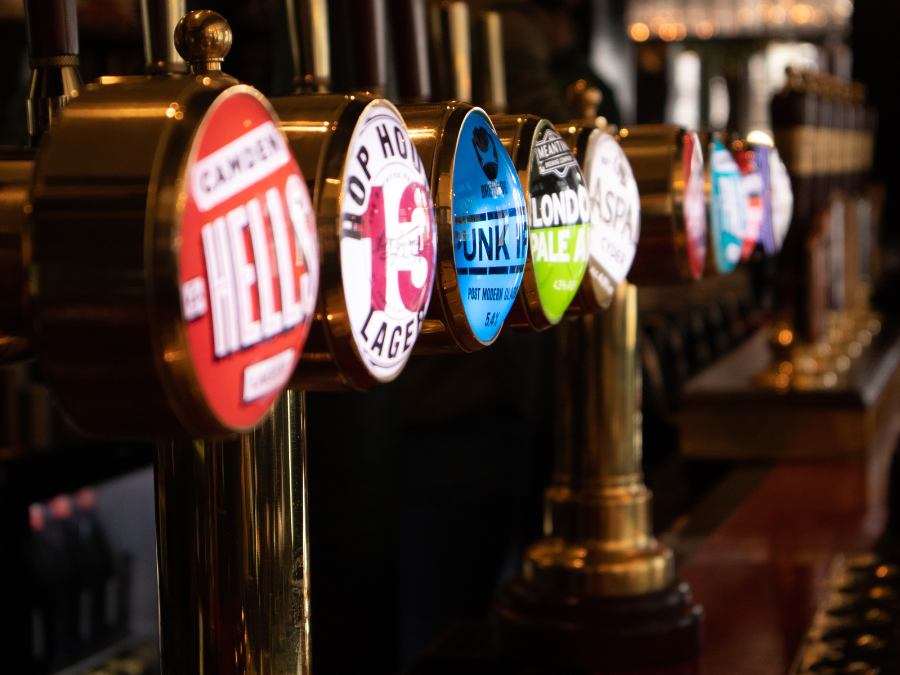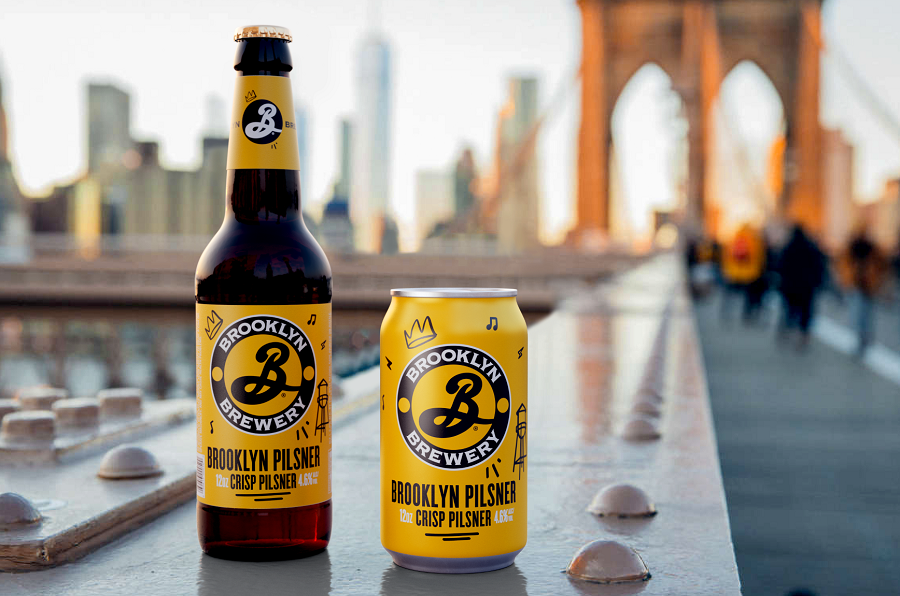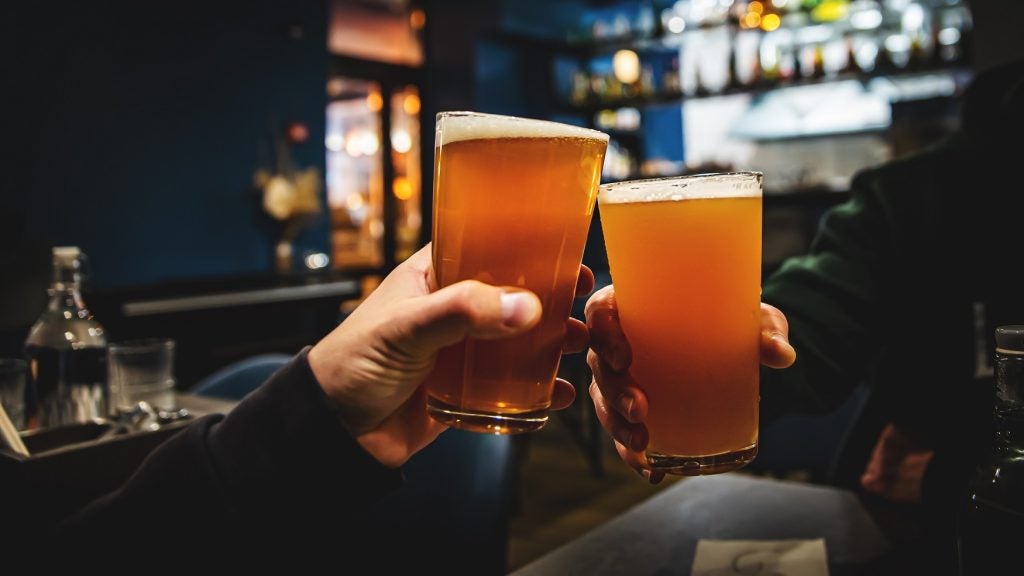
UK beer sales saw a positive three-year CAGR for the first time since the pandemic in 2023, data shows.
Craft beer* saw sales edge up in 2022 and 2023, to 2.14m hectolires and 2.22m hectolires respectively. The category’s three-year CAGR moved from -10.2% in 2022 to 2.7% last year.
In the non-craft category, beer sales also saw an uptick in the last two years, reaching 42.78m hectolitres in 2022 and 44.49m in 2023. The wider category also turned its three-year growth rate into a positive 5.17% in 2023, from -0.7% in 2022.
GlobalData alcoholic beverages research director David Harris said the UK’s craft-beer market was “just starting to recover from Covid-19”.
“On-premise closures heavily impacted craft in the UK, and the following cost-of-living crisis also hampered performance,” he said. “We can see now though that this is starting to turn around.”
Commenting on news of UK ‘craft’ brewer BrewDog’s new CEO this week, Harris said it would be a “good time to explore an IPO” in the UK – a move the Scottish brewer is widely anticipated to make.
How well do you really know your competitors?
Access the most comprehensive Company Profiles on the market, powered by GlobalData. Save hours of research. Gain competitive edge.

Thank you!
Your download email will arrive shortly
Not ready to buy yet? Download a free sample
We are confident about the unique quality of our Company Profiles. However, we want you to make the most beneficial decision for your business, so we offer a free sample that you can download by submitting the below form
By GlobalDataCEO and co-founder James Watt is to be replaced by COO James Arrow, who joined the company last year from Boots Opticians.
“James Arrow is far more straight and narrow and will provide the stability BrewDog needs to continue its growth,” Harris said. “This stability and cost-cutting would facilitate an IPO, something I think is likely though won’t happen immediately.”
Another industry expert told Just Drinks that a premiumisation trend has been boosting sales of beer in the UK and abroad.
“If you look at the outlook for beer in general there are two camps: one camp thinks we are still recovering from lockdown, we’ve had a little bit of a slowdown in consumption. But if you look at premiumisation, people are spending more on a beer so that should be good for the next decade,” they said.
In the next few decades, they said beer is a better investment than wine or spirits but still only gave the category a neutral rating – “it’s not on par with coffee or energy drinks,” they added.
In the US, craft-beer production declined last year – though one analyst told Just Drinks yesterday (9 May) this could be a positive sign. They say craft was becoming a crowded market that had diluted consumer understanding of “what craft beer is”. A smaller pool of “healthier” companies could be a “positive”, they said.
US craft-beer production declined 1% compared to 2022 levels while the country's “overall beer market” booked a 5.1% decrease, according to preliminary figures from the national Brewers Association (BA).
*GlobalData defines a craft brewer as having: a perception of being small scale (or a distinct small-scale brewery within a larger organisation); a perception of being independent (even if this is not actually the case); a portfolio of beers that encompasses different styles; a relatively short history. This definition includes brands like Jacobsen and Blue Moon, as well as “true craft” beers like Sierra Nevada and BrewDog, but excludes historical brands like Leffe and Paulaner. The core Guinness brand is not included, but the Guinness Brewers Project beers are. This definition also excludes most UK traditional ale brands.
GlobalData says: “’Craft’ is largely a perception and there will therefore always be a degree of subjectivity in defining beers as craft.







